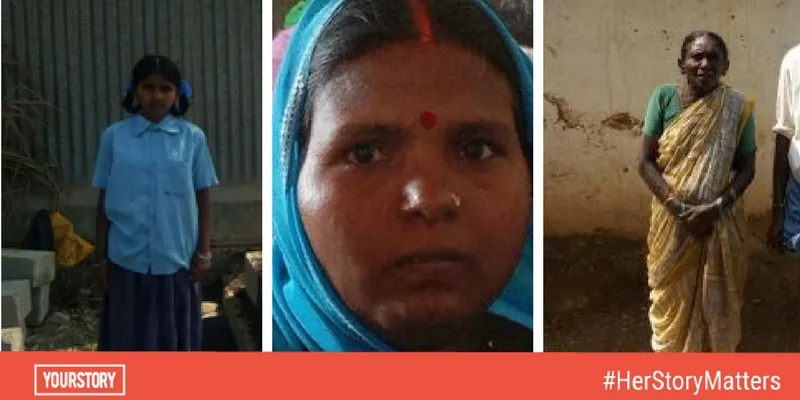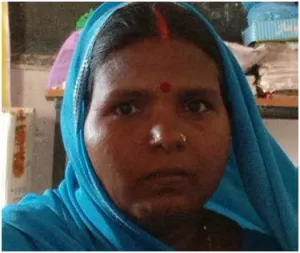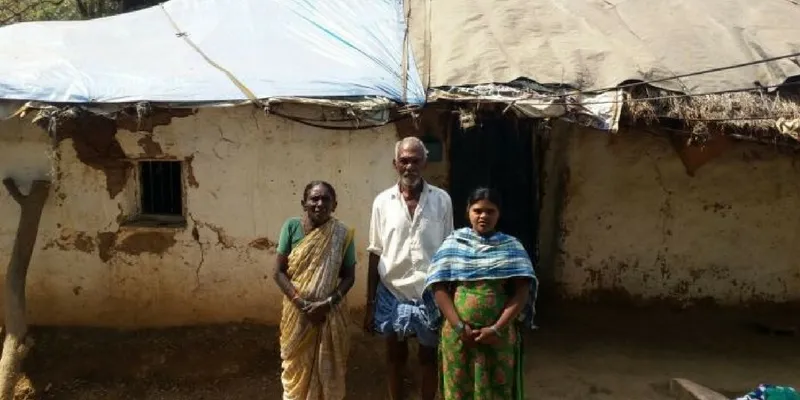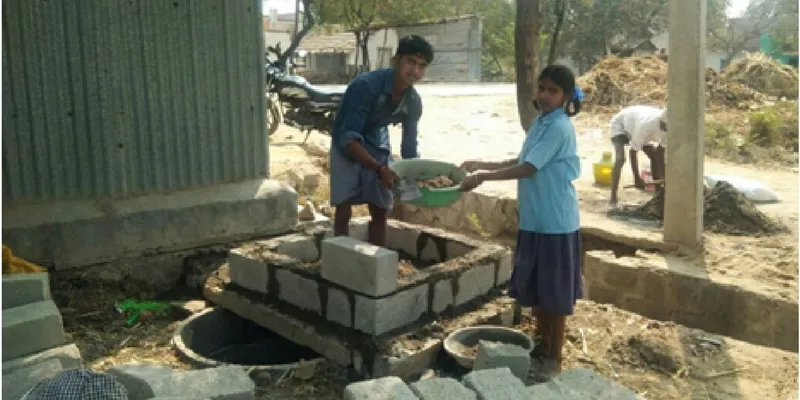Hemanti, Saramma and Mahankali and others like them are bringing a sanitation revolution in rural India
Across the country, sanitation has become a massive movement. Women are defying age, economic and social barriers, and are fighting the odds to bring sanitation to the fore.

In today’s rural India, the shift is visible. Women are driving social change, and many have become a source of inspiration for millions across the country. After Prime Minister Narendra Modi launched Swachh Bharat Mission, a flagship programme to address sanitation issues, across the country, sanitation has become a massive movement.
HerStory brings to you three stories of women who have become the ambassadors of change in the sanitation revolution spreading across rural India. These women are defying age, economic and social barriers, to bring sanitation as a core issue of their communities.
Hemanti Devi
“Shauch-mukti abhiyan se swachh hoga parivar (Open defecation-free campaign will make your family healthy),” is a folk song, sung by Hemanti Devi, a 45-year-old self-trained folk vocalist, lyricist and composer, who hails from Semari village in Bihar’s Rohtas district.
Hemanti’s village did not have toilets, and open defecation was the norm. She says,
“We all were victims of this age-old practice.”

She joined the Jeevika, a Self-Help Group initiated by Government of Bihar. After joining the SHG, Hemanti understood the health issues that could arise from open defecation.
“That’s when I decided to become a Satyagrahi, and spreading the message of Mission Pratishtha Rohtas (a campaign making Rohtas district open defecation free).”
When Hemanti started out spreading the awareness about toilets in her village, she says,
“People didn’t want to change the age-old habit of defecating in the open. They believed toilets would cost a lot of money, and were not even necessary.”
Slowly and gradually, with the help of Jeevika, Hemanti explained the implications of diseases caused by defecating in the open.
She now sings at various cultural gatherings, fairs and festivals around her village to spread awareness about sanitation. She also an integral part of the village cultural performance troop of satyagrahis, who present regular performances at villages, combining music with messages open defecation.
On the support she gets from her husband, a daily wage earner, Hemanti says, “He has been very supportive of my endeavours, and feels proud of my role in making a substantial change in the lives of villagers.”
Saramma
For 60-year-old Saramma, a resident of Mudgapur village in Warangal, Telangana, open defecation was a personal problem.
“My daughter is speech and hearing impaired. Each time she had to relieve herself, she would have to travel a distance, which was taxing for me and my husband. Someone would have to accompany her always, as we were worried about her safety.”
When the Swachh Bharat Mission’s Gramin campaign started in her village, Saramma compelled her family to attend all the awareness sessions and was determined to build a toilet in her own house. However, it was not easy.

Belonging to the scheduled caste community, Saramma lived with her husband Yakaiah and daughter in a small hut. The family income is low and barely fulfills their needs.
“My husband was a little sceptical in the beginning, but later he gave me complete support to build a toilet and now we can bathe and use the toilet whenever we wish. Moreover, my daughter is safe now,” she smiles.
Saramma’s daughter became her inspiration to work towards sanitation in her village. In her village, toilets were considered unholy and dirty. Saramma says, “Toilets are not only a hygiene issue but also a safety issue.”
She started with explaining the need for a toilet to the heads of the village, but old habits die hard.
“People initially refused to understand that why does every household need a toilet. No one paid any attention to what I said. It took me time to explain it to them that for a healthy and safe environment, we have to devote time and money to building toilets,” she adds.
It became overwhelming for Saramma, but slowly with more awareness, people in her village started to understand the importance of a toilet.
Saramma says she no more has to go out in the dark or defecate on the roadside as there is a toilet in her own house.
Mahankali
Nearly all of Mahakali’s classmates had toilets in their homes. They talked about it often and said how easy it was to use, compared with going out early in the morning each day and finding a spot to defecate.

Mahankali is 13 years old, and studies in class seven at the government school in Talur village, Bellary district in Karnataka. The school had awareness sessions, identifying students who did not have toilets, and visited their homes to convince their parents to build them.
Mahankali wanted a toilet in her home, but saw little hope as her parents seemed indifferent. Even though, a toilet had been allotted to her family in 2015-16, nothing came of it.
After an awareness session at school, Mahankali returned home and refused to eat, or even drink water until her parents agreed to build a toilet. Her father, H Mallesh says,
“We don't have a proper house. When my daughter refused to have food and drink water, I felt ashamed. We tried to reason with her, saying her exams were near and going hungry may make her fall sick. Mahankali, persisted for two whole days without eating.”
Soon, the word about Mahankali spread, and Sarpanch of the village Rajagopal Reddy came forward to help. “When I heard about Mahankali’s demand, I called the secretary immediately and discussed the matter with the panchayat members. We went to her house, and began construction of the toilet without delay. She smiled when the work began," says Rajagopal.
Overnight, Mahankali became an 'icon' in her village for her determination, and within a week, there was a toilet in her house.







